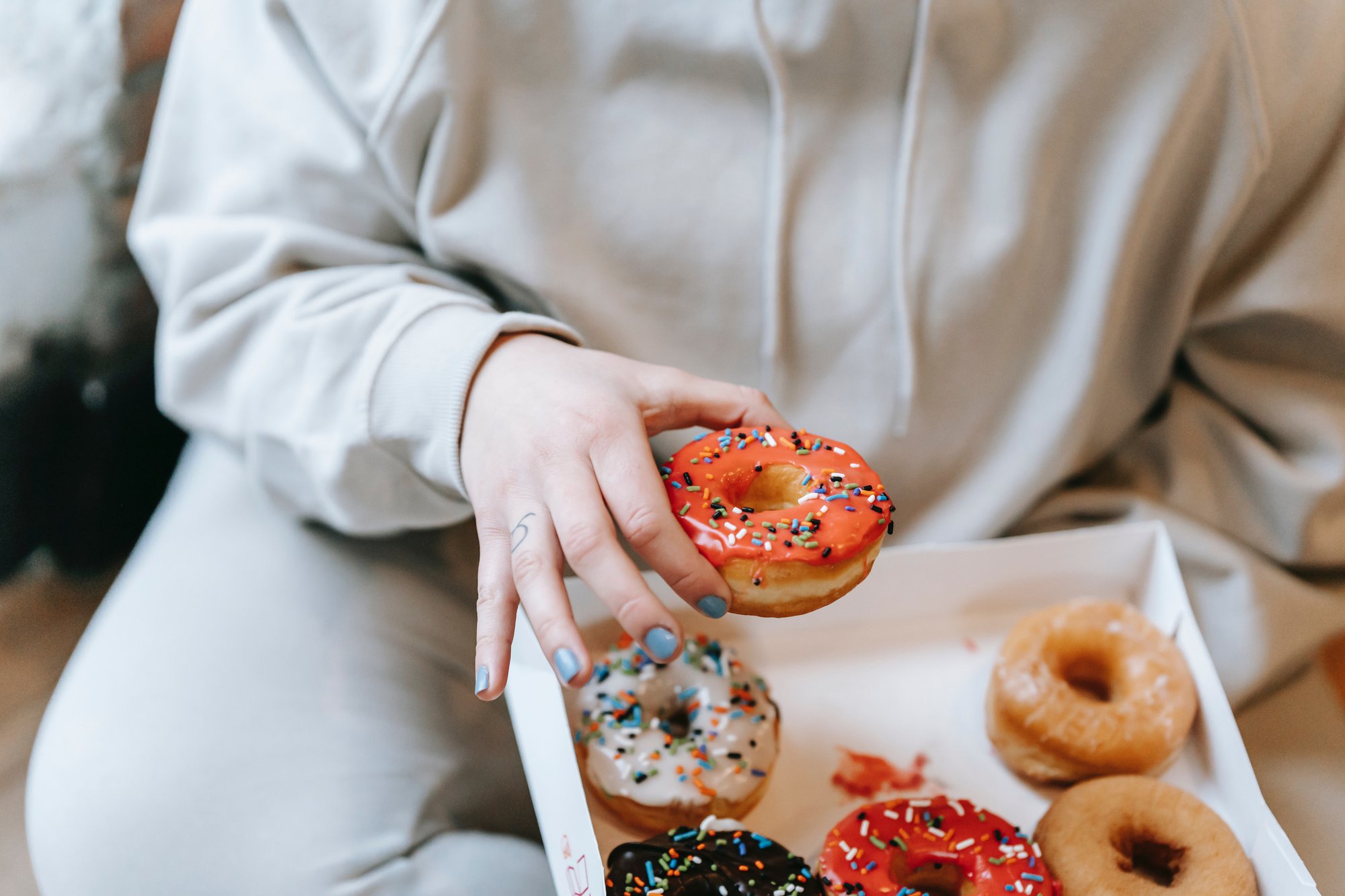Is dieting really the best New Year’s resolution?
As we head into another New Year, a lot of people are talking about better ways to deal with overeating and being overweight. I’m glad to see this, but I’ve noticed that they’re talking about everything except what really works. What no-one is talking about is trauma, and how that’s really at the heart of overeating and being overweight.
I heard a popular comedian talking on the radio the other day. She had struggled with eating issues over the years and she was sharing with the host that she has now resolved to stick to intuitive eating. While some of the principles of this type of eating make sense, I don’t see intuitive eating as a viable option for dieting.
From my decades as a psychiatrist, having worked extensively with overeaters, addicts, and trauma sufferers, I’ve come to see that addiction arises as an unconscious strategy for coping with unhealed emotional wounds and unmet emotional needs.
The reason I don’t see intuitive eating as the answer to overeating and being overweight is that it would be very hard to eat intuitively if your emotional wounds are driving you to overeat. Wounds are so deep and so powerful and the unconscious drive to deal with them is so intense that our wounds will always overpower our intuition.
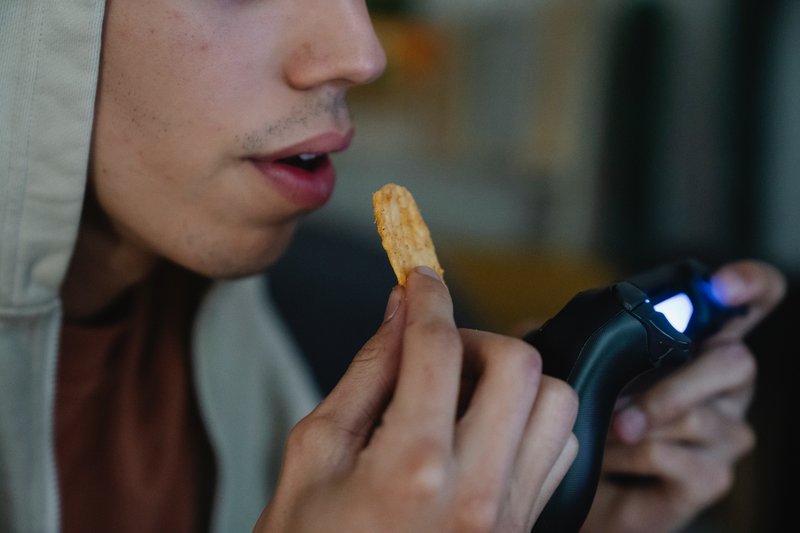
Trauma is at the heart of overeating
In my book, Emotional Overeating: Know the Triggers, Heal Your Mind and Never Diet Again, I go into detail about how trauma—whether from childhood or later in life—causes emotional wounds and leaves us with unmet needs. Addiction is one of the ways that many of us deal with trauma.
We engage in addictive behaviours to numb our pain; to fill up an emptiness within; to stimulate ourselves after we’ve become numb in the face of trauma; to distract ourselves from our problems and to soothe our discomfort. The problem with these behaviours is that they promote addiction in two ways.
Physiological: Repetitive behaviours trigger the release of dopamine in our brain. Dopamine gives us a brief burst of a pleasurable sensation but then it increases our craving for whatever activity we were just engaging in or whatever substance we were using. The more we do it, the more we crave it, creating a vicious circle of addiction— something that no amount of intuition can overcome.
Psychological: Addictive behaviours don’t address the real emotional wounds and needs that we carry within ourselves. The more we engage in the addictions, the more hurt, frustrated, and empty we feel. Unfortunately, the way that humans are wired means that we don’t recognize that the problem is with the behaviour we’ve chosen.
Instead of thinking, “Oh, that doesn’t work. I’m going to try something else,” we think, “Oh, that didn’t work. It’s because I didn’t do it enough!” So, we double-down on the addictive behaviour, believing that more of the wrong solution will somehow turn it into the right solution.
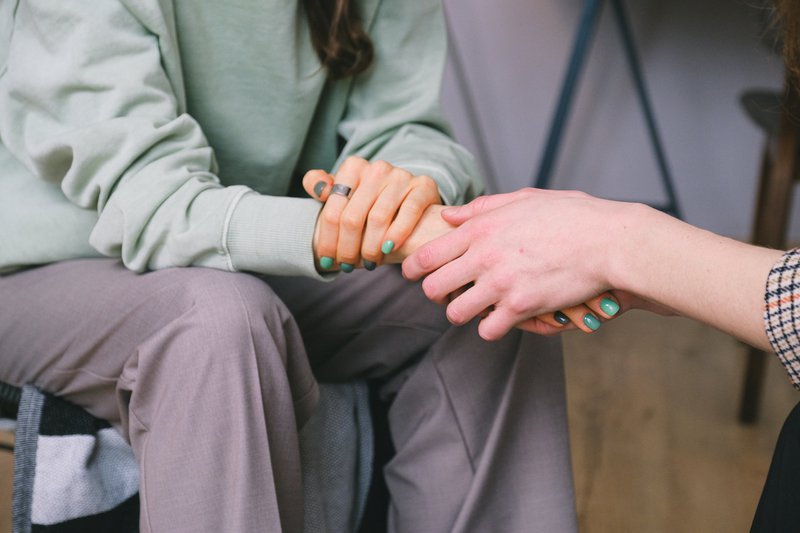
The cure to addiction is to deal with our trauma
The real way to overcome addiction is to understand both the physiological and the psychological responses to our addictions. We need to work on changing our behaviours, so that we don’t keep triggering the dopamine response, but first, we need to finally address our unhealed emotional wounds and our unmet emotional needs.
When we do that, we’ll lose the urge to overeat—or engage in any other addictive behaviors, for that matter. I’ve seen it over and over, in my practice and in my life. Healing our wounds and pursuing the things that feed our souls—as opposed to our taste buds—is what will enable us to once and for all, stop overeating.
What feeds our souls is meaningful work, relationships, and pastimes; a sense of purpose, creative challenges, learning and growing; building things; helping others and belonging to a community. When we have these things, we no longer feel compelled to pursue false solutions.
One other aspect of trauma, specifically for people who are significantly overweight, is to look at the psychological reasons for being heavy.
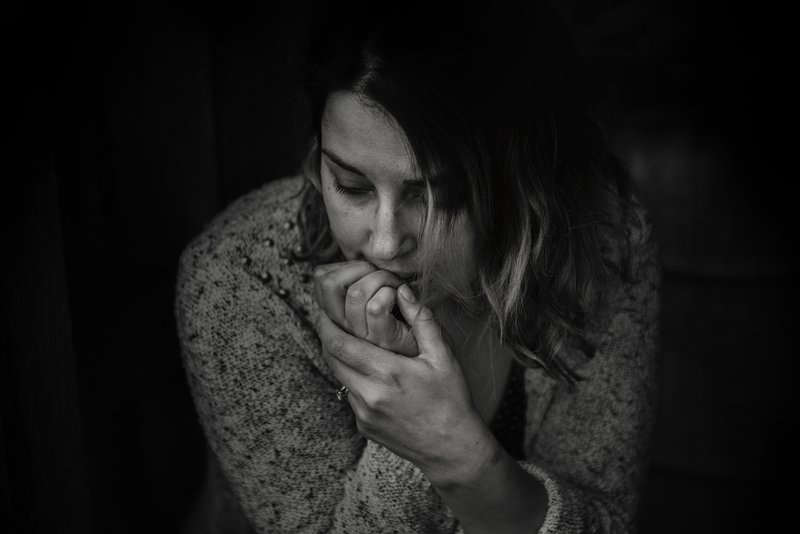
Why people carry extra weight
There are a few specific reasons why people carry a lot of extra body weight: because of sexual abuse and the need to neutralize their sexuality in order to fend off potential predators; because of deep-seated insecurities and the need to hide, or because of profound fears of failure and the need for a scapegoat—where blaming the extra weight is easier than blaming any lack of ability or talent.
These issues must also be dealt with in people who overeat and who are significantly overweight. If the psychological “need” to be overweight remains, weight might be lost but it will always be regained.
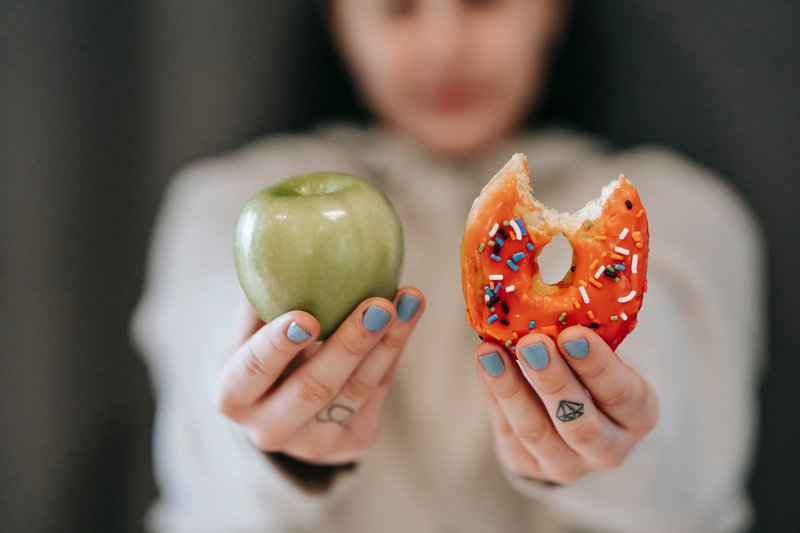
Why dieting inevitably fails
Finally, we need to look at why dieting fails. When we have trauma and are carrying unmet needs and unhealed wounds, dieting creates a state of deprivation in an individual who already feels severely deprived. That’s why willpower eventually breaks down in most dieters and they regain more weight than they lost.
Dieting also fails because it’s a battle of the will against the wounds, and the wounds will always win because they’re deeper and more powerful than our willpower. We can only successfully impose our will on our behaviour in conjunction with addressing our trauma. If not, it will inevitably fail.
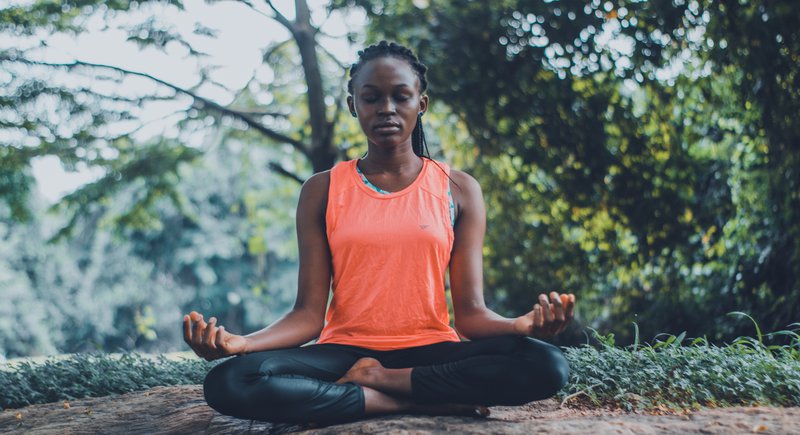
Self-discipline works when trauma is addressed
If we deal with our trauma by starting to heal our emotional wounds and meet our real needs for love, meaning, purpose and fulfillment, it will be much easier to exercise some self-discipline so as to break the Dopamine vicious circle.
Trauma is at the heart of all addiction and if you really want to stop overeating and get off the dieting band-wagon, or if you have any addictive behaviour that you’re sick of, it’s time to deal with your trauma. Find yourself a good therapist and commit yourself to the journey of healing. It won’t be necessarily quick or easy, but it will work. That I can promise you.
______
Sign up here for my free biweekly wellness newsletter that brings you fresh, thought-provoking content.
Subscribe to my YouTube Channel where you’ll learn simple tips for taking the best care of yourself and your loved ones.
Tune in to my Ruthless Compassion Podcast where I go in-depth about topics like mental health, trauma, and loneliness.

